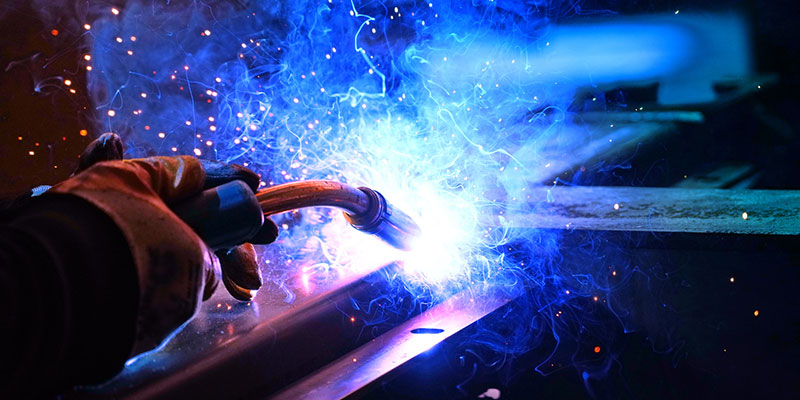When heavy equipment or critical components fail, downtime can become the most expensive part of the problem. In industries like manufacturing, construction, power generation, and transportation, every hour of halted operations can mean thousands of dollars in lost productivity. That’s where emergency welding services play a vital role—restoring essential equipment quickly and safely to keep projects moving.
What Is Emergency Welding?
Emergency welding refers to rapid-response repair services performed when an unexpected break, crack, or failure threatens the integrity or operation of metal components. These services are often deployed around the clock, especially in sectors where delays can lead to safety risks or financial losses. From repairing pressure vessels and pipelines to reinforcing structural supports and machinery, emergency welders are trained to diagnose and fix issues fast, often on-site.
Why Equipment Failures Happen
Equipment failures that require emergency welding often stem from:
- Metal fatigue or stress fractures caused by repeated loading and vibration
- Corrosion or rust weakening structural components over time
- Thermal damage due to extreme heat or fluctuating temperatures
- Improper installation or maintenance that compromises weld quality
Even with preventive maintenance programs in place, heavy-duty equipment can experience unexpected damage under demanding conditions. That’s why having access to an emergency welding partner can make the difference between hours of downtime and days of lost productivity.
The Benefits of Rapid Welding Response
Emergency welding services are designed for speed, but that doesn’t mean sacrificing quality. Certified welders use advanced techniques—such as TIG, MIG, or stick welding—to deliver strong, lasting repairs in challenging environments. The key advantages include:
- Minimized Downtime: Fast repairs get production back online sooner.
- On-Site Solutions: Mobile welding units can handle repairs directly in the field.
- Safety Assurance: Certified welders ensure structural and operational integrity before equipment returns to service.
- Cost Control: Emergency welding helps avoid the high costs of equipment replacement or extended outages.
For industries operating 24/7, like oil and gas or power generation, even brief interruptions can affect entire supply chains. Emergency welders are trained to work under time-sensitive conditions without compromising compliance or safety standards.
Mobile Welding Capabilities
One of the most important advancements in emergency welding is the ability to perform mobile or on-site welding. Equipped with portable power sources, cutting tools, and diagnostic instruments, mobile welders can reach remote locations, industrial facilities, or job sites to perform immediate repairs. This eliminates the need to disassemble large equipment for transport, saving valuable time and logistics costs.
Preventing Future Failures
While emergency welding addresses urgent needs, it also provides insight into long-term maintenance strategies. Many failures can be prevented through:
- Regular inspection of weld joints and metal surfaces
- Monitoring for early signs of stress or corrosion
- Using high-quality materials designed for specific operating environments
- Partnering with experienced metal fabricators who understand your equipment’s demands
By identifying weak points early and reinforcing them before a major failure, companies can reduce their reliance on emergency repairs and extend the lifespan of critical assets.
Conclusion
In industrial environments where uptime is everything, emergency welding is more than a service—it’s a safeguard against operational loss. Skilled welders equipped with the right tools and expertise can step in at critical moments to restore functionality, prevent catastrophic failures, and ensure work continues safely and efficiently.
For companies that rely on heavy metal components, having a trusted emergency welding resource on standby is not just a convenience—it’s an essential part of risk management and operational continuity.
